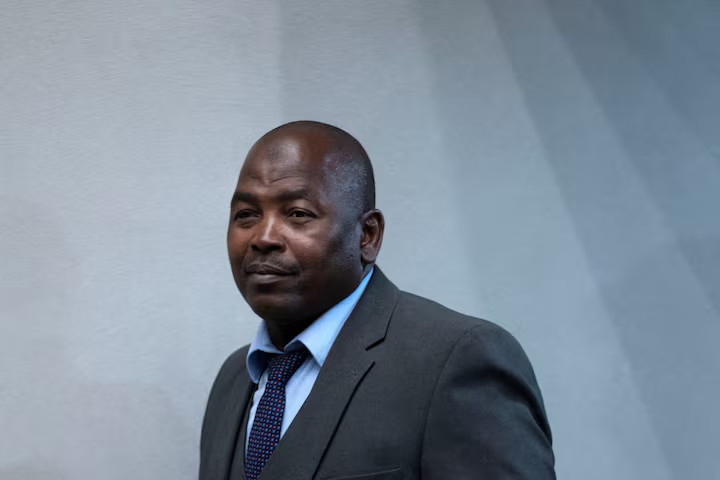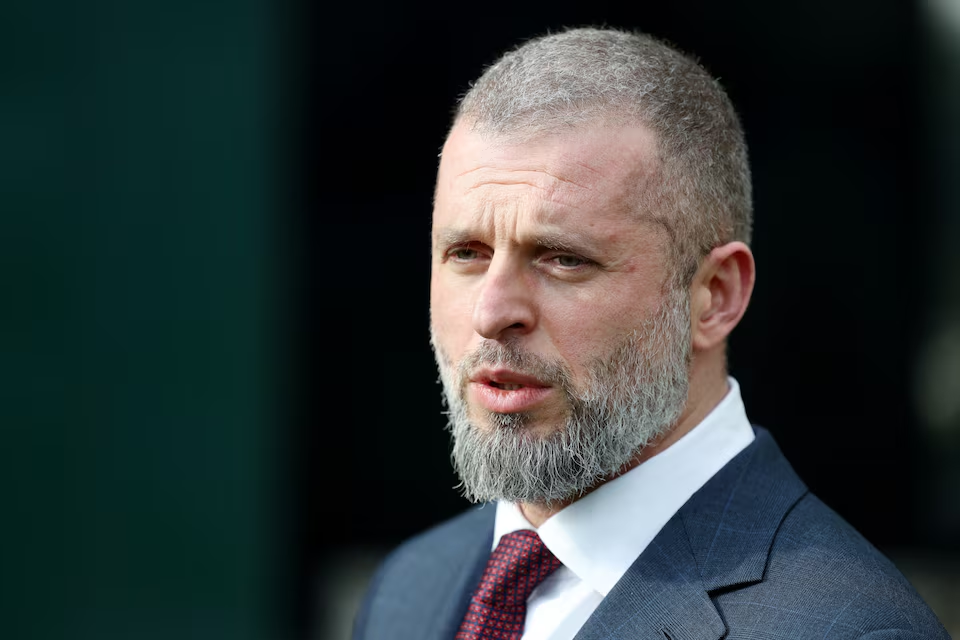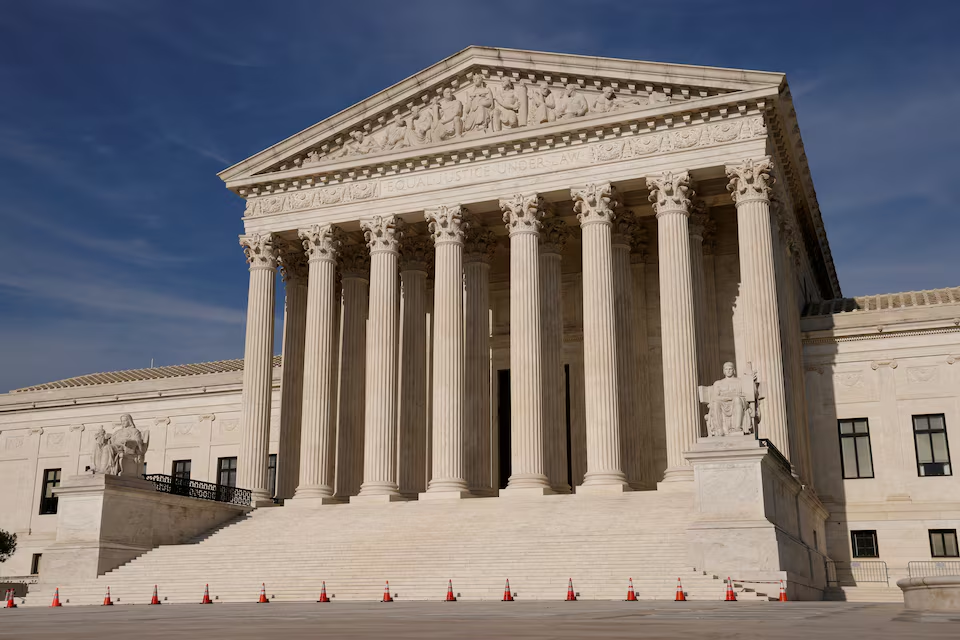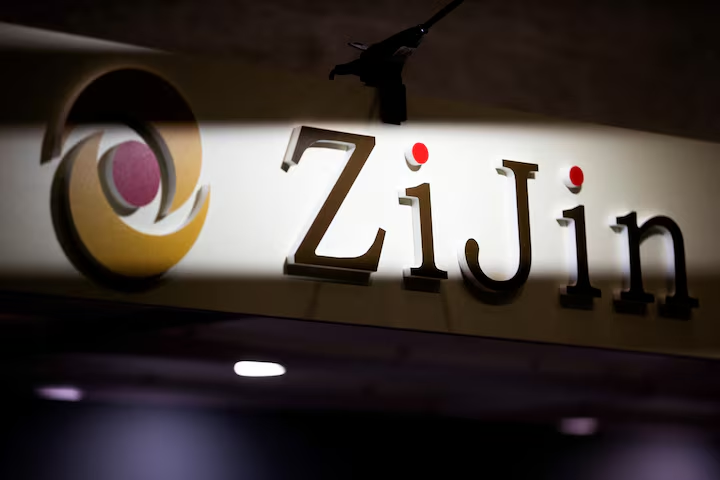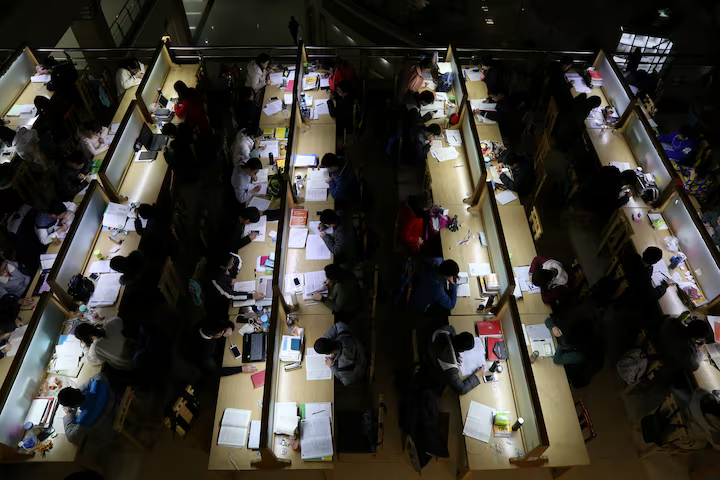Prosecutors at the International Criminal Court said on Tuesday that an alleged Seleka militia commander exercised full control over a detention facility in the Central African Republic and oversaw the abuse of prisoners held for political and ethnic reasons. The comments came during closing arguments in The Hague, where judges are weighing evidence from a trial that has drawn international attention.
According to the prosecution, Mahamat Said Abdel Kani operated a prison where detainees linked to former president François Bozizé were beaten, mistreated and held in harsh conditions more than a decade ago. Investigators said the facility became a place where victims suffered abuse because of their religion, political affiliation or ethnicity.
A rare ICC case involving a Seleka figure
Deputy Prosecutor Mame Mandiaye Niang told the court that documents and witness accounts established that Said controlled every aspect of the detention site. Niang argued that Said personally participated in the abuse and directed others under his authority. He added that most victims were Christians, reflecting the sectarian divisions that fueled the country’s conflict.
Said denies all seven charges of war crimes and crimes against humanity. His lawyers will deliver their closing arguments later this week.
The Seleka coalition — a predominantly Muslim alliance — seized power in 2013 during a violent phase of the Central African Republic’s civil war, pushing Bozizé from office. Their takeover triggered the rise of anti-Balaka militias, which drew support mainly from Christian communities. The ICC opened its investigation into the conflict in 2014 and has since secured convictions against two anti-Balaka leaders. Said is the first alleged Seleka figure to stand trial.
The case represents a pivotal moment for the court’s long-running inquiry, as prosecutors attempt to show that abuses occurred on both sides of the conflict. Judges will now assess the evidence ahead of a future ruling.

